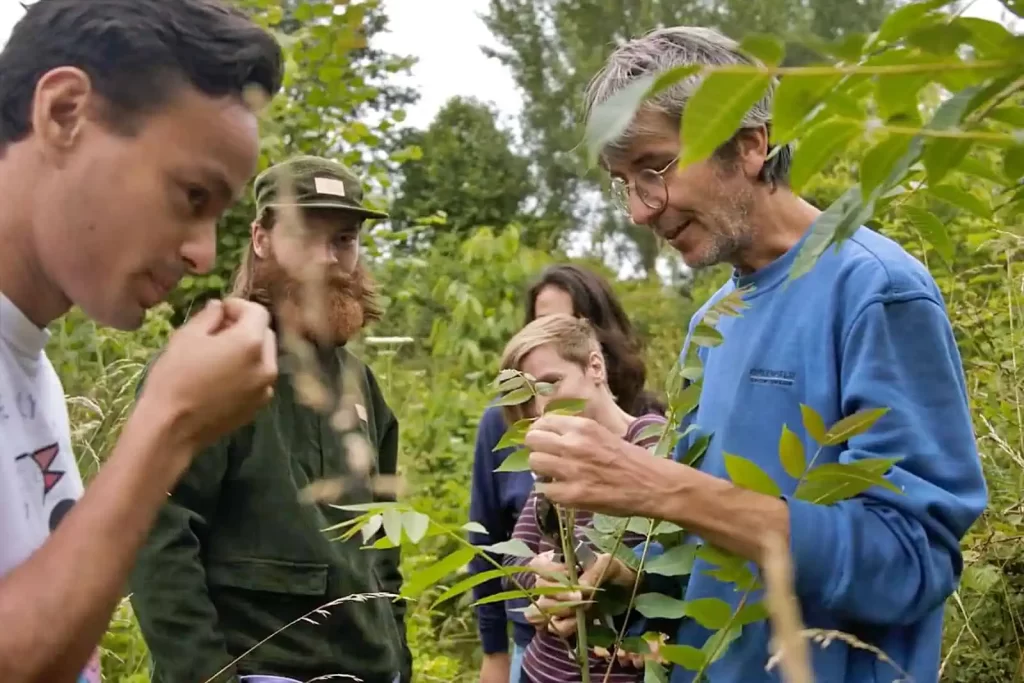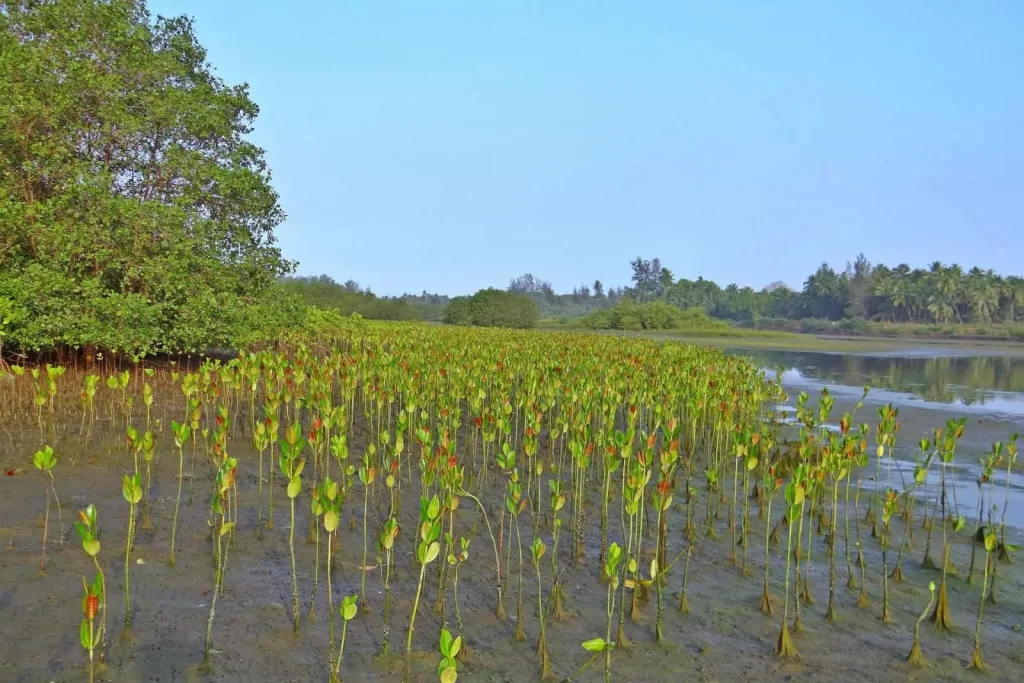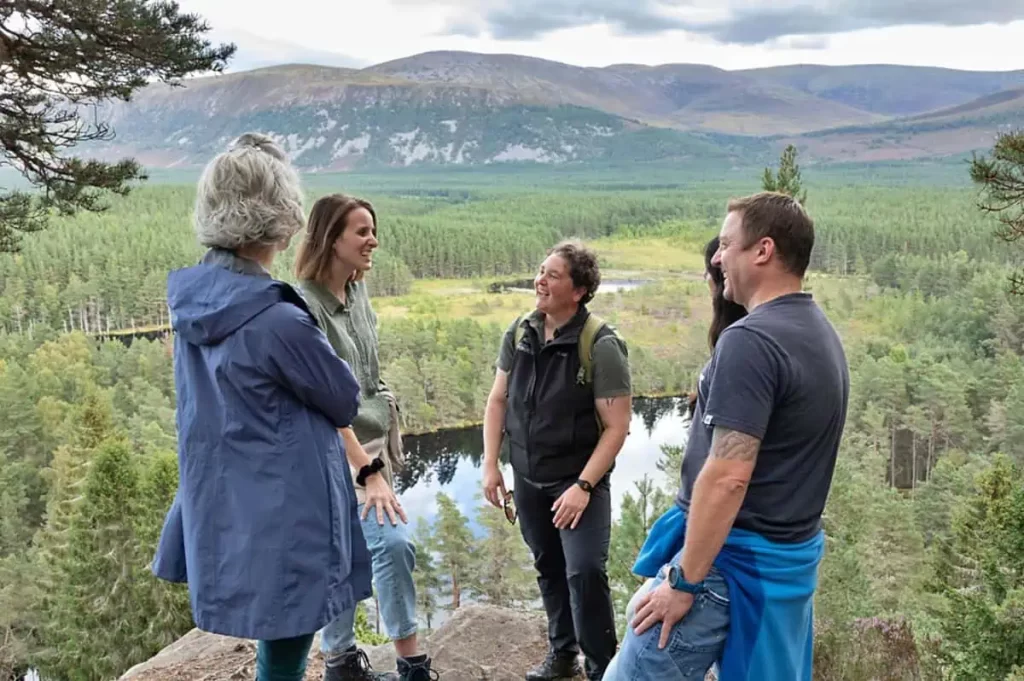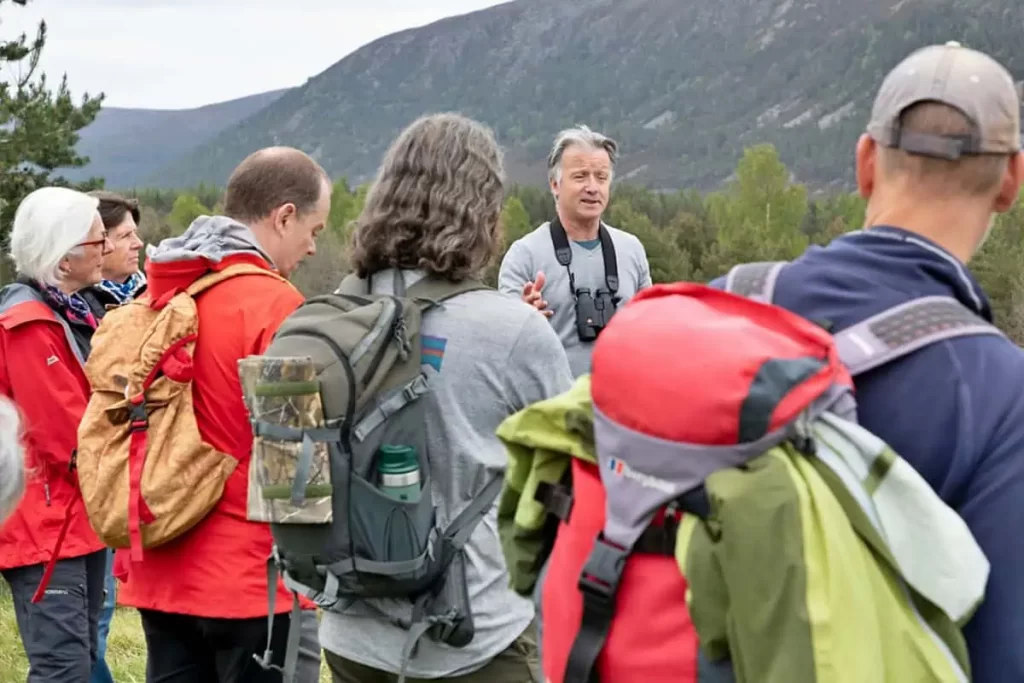
Landscape ecology
About this course
What is a landscape? How has it evolved? How do we perceive landscapes? What properties are required to make us feel at home?
Are you interested in these topics and want to understand how landscapes function? Then this is the course for you! We will present the discipline of Landscape Ecology, where natural and social sciences meet. You will realize how innovative and collaborative approaches used in Landscape Ecology allow land managers, planners and the public to shape landscapes for future societies.
We will teach you the modern tools of Landscape Ecology enabling you to address fundamental research questions. You will also get valuable practical advice in solving existing real landscape issues.
Leading Landscape Ecology professors will present case studies from around the world, highlighting tools and methods in Landscape Ecology and how they are used to solve environmental problems.
- Ecological Restoration
- Online









